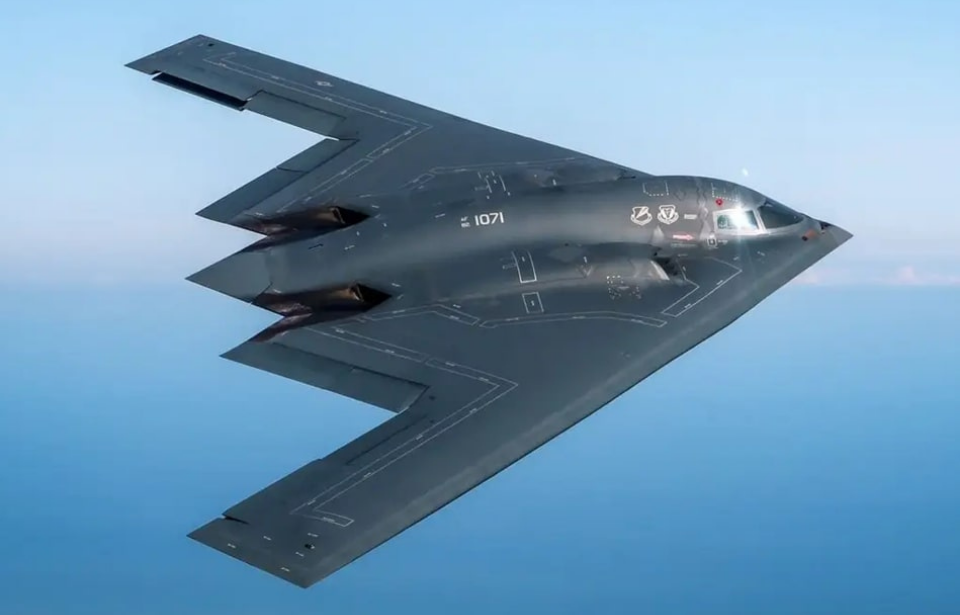The Northrop Grumman B-2 Spirit is an American heavy strategic bomber featuring low-observable stealth technology, allowing it to penetrate and attack undetected deep within enemy territory. From 1987-2000, 21 were built, with the first entering service with the US Air Force on January 1, 1997. Among those involved in its development was Noshir Gowadia, who served as one of its principal designers.
Gowadia claimed to be the “father of the technology that protects the B-2 stealth bomber from heat-seeking missiles.” However, in 2010, he was found guilty of industrial espionage and sentenced to 32 years in prison. The following are the events that led to his imprisonment.
Northrop Grumman B-2 Spirit
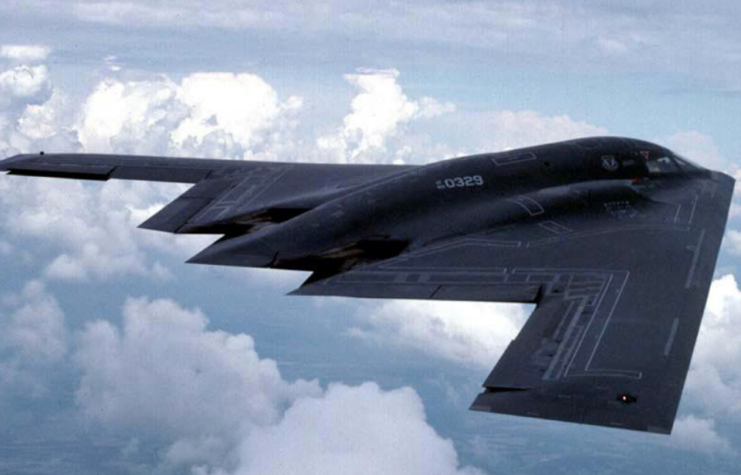
As aforementioned, the B-2 Spirit is one of the most advanced aircraft ever developed. Combining strength and stealth, it has the ability to accomplish tasks other bombers simply can’t, meaning it’s an important tool in the US Air Force’s arsenal. Its particular advantage is its ability to carry large air-to-surface standoff weapons while in a stealth configuration.
Its unique stealth abilities are the result of extensive design and engineering. The engines were installed within the aircraft, as opposed to its exterior, and it uses special technology that cools emissions, thus reducing infrared tracking. On top of that, it’s also much quieter than other bombers.
The B-2’s purpose differs from other bombers, in that it’s used to take out anti-aircraft weaponry, so that less stealthy aircraft can go into an area and launch their attacks. It was used throughout the wars in Iraq and Afghanistan, having made its combat debut during the Kosovo War in the 1990s.
Noshir Gowadia went from patriotic engineer to treasonous spy
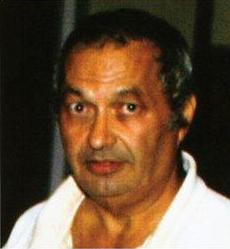
Noshir Gowadia began his career at Northrop in 1968. Over the course of his time with the company, he played a key role in the development of the stealth technology used to create the B-2 Spirit as one of the principal designers. Despite having a hand in such an impressive aircraft, Gowadia left Northrop-Grumman in 1986. Some 13 years later, he launched his very own consulting company, N.S. Gowadia, Inc.
After leaving the aircraft manufacturer, he turned treasonous after realizing that his expertise could make him money. In 2002, Gowadia reportedly faxed a top-secret document about infrared technology to at least three foreign countries. He also allegedly sent China the design for a cruise missile, which showed how effective such a weapon would be against American air-to-air ones.
Arrested by federal agents
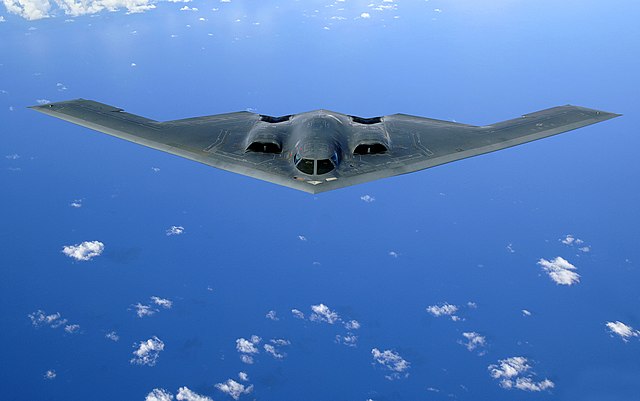
In October 2005, federal agents interviewed Noshir Gowadia twice and searched his home. On October 26, he was arrested and charged with one count of “willfully communicating, delivering or transmitting national defense information to a person not entitled to receive it, which information the possessor has reason to believe could be used to the injury of the United States or to the advantage of a foreign nation.”
On November 8, a federal grand jury returned an 18-count indictment against Gowadia, with the Department of Justice writing in a press release:
“The indictment charges Gowadia with ‘performing substantial defense-related service for the People’s Republic of China (PRC) by agreeing to design, and later designing, a low observable cruise missile exhaust system nozzle capable of rendering the missile less susceptible to detection and interception.'”
The indictment also described Gowadia’s travels to China to assist in the development of this system.
Noshir Gowadia stands trial for his crimes
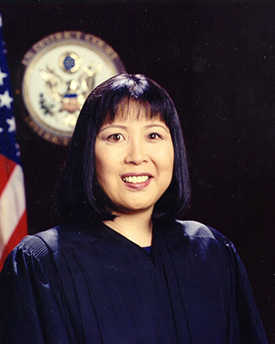
Noshir Gowadia’s trial was initially scheduled for July 2007, but it was postponed until February of the following year for a background check by the Department of Justice on his new counsel. The proceedings were further delayed until late 2009 to assess Gowadia’s mental fitness to stand trial, as he was reluctant to work alongside his lawyers.
In November 2009, US Magistrate Judge Kevin S.C. Chang declared that the difficult relationship between Gowadia and his lawyers didn’t present evidence that he was incompetent, and Chief US District Judge Susan Oki Mollway agreed. The trial, therefore, began on April 12, 2010, with closing arguments taking place on July 29.
A guilty verdict is returned by the jury
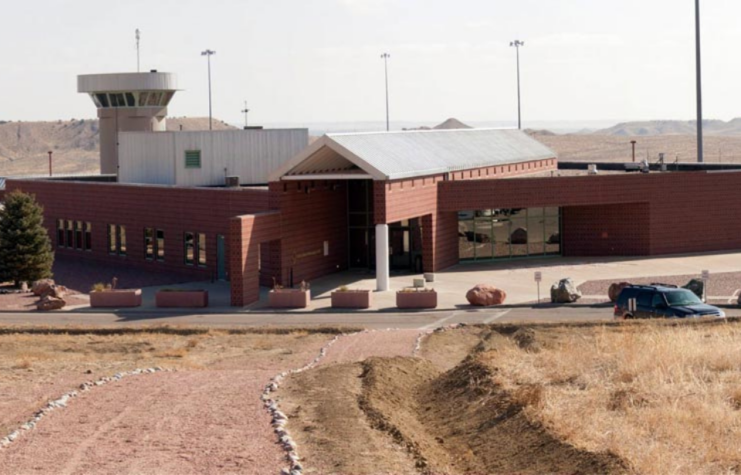
The jury returned a verdict on August 10 and Noshir Gowadia was found guilty of both espionage and violating the Arms Export Control Act. Sentencing took place on January 24, 2011, with the designer sentenced to 32 years in prison. He was incarcerated at ADX Florence, a maximum security prison in Fremont County, Colorado. He is scheduled for release on February 1, 2032.
More from us: North American B-25 Mitchell: The Most Produced American Medium Bomber of World War II
It isn’t clear how damaging Gowadia’s secret selling has been, but it’s known that Germany, Israel and China, along with other nations, benefitted from his spying. While it could just be an interesting coincidence, the Chinese stealth fighter Chengdu J-20 Mighty Dragon flew for the first time the same month Gowadia was sentenced. This might be the first example of the effects his actions might have.
